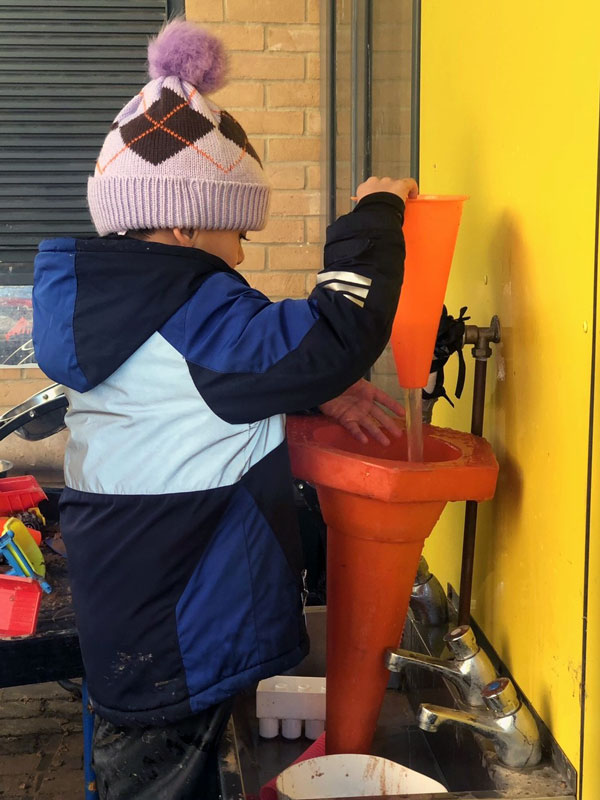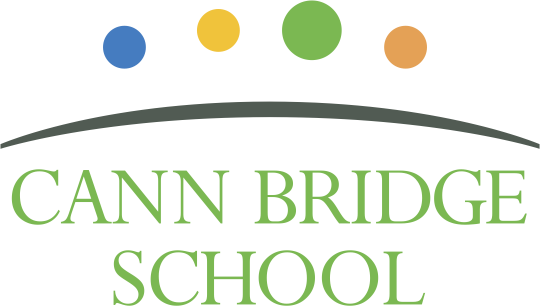EYFS
EYFS Lead – Jen Klesniks
Class Teachers – Jen Klesniks & Zoe Lorenz
At Cann Bridge we offer an inclusive and aspirational EYFS curriculum that provides high-quality learner-focused teaching, preparing children for the next stage in education.
Guided by the four EYFS principles and promoting the Characteristics of Effective Learning, our curriculum acknowledges and builds upon children’s own experiences and individual needs. We combine interest-led and themed teaching approaches to enhance their knowledge and skills development.
Our curriculum covers all seven areas of learning:
- Communication and Language
- Physical Development
- Personal, Social and Emotional Development
- Literacy
- Maths
- Understanding the World
- Expressive Arts and Design
The curriculum places particular focus on the prime areas: Communication and Language, Physical Development, and Personal, Social and Emotional Development.

Communication skills and vocabulary development are woven into all aspects of our teaching, alongside nurturing personal, social, and emotional growth. Our priority is to foster children’s communication abilities and independence, ensuring they leave the early years provision as confident, communicative, and independent learners and prepared for Key Stage 1.
We provide children with a nurturing and stimulating environment that fosters key relationships and supports a positive transition from home and nursery to full time schooling. Collaborating closely with families and multi-agency professionals, we ensure children receive the necessary support to succeed and reach their full potential.
To learn more about the Early Years Foundation Stage please see our policy.

